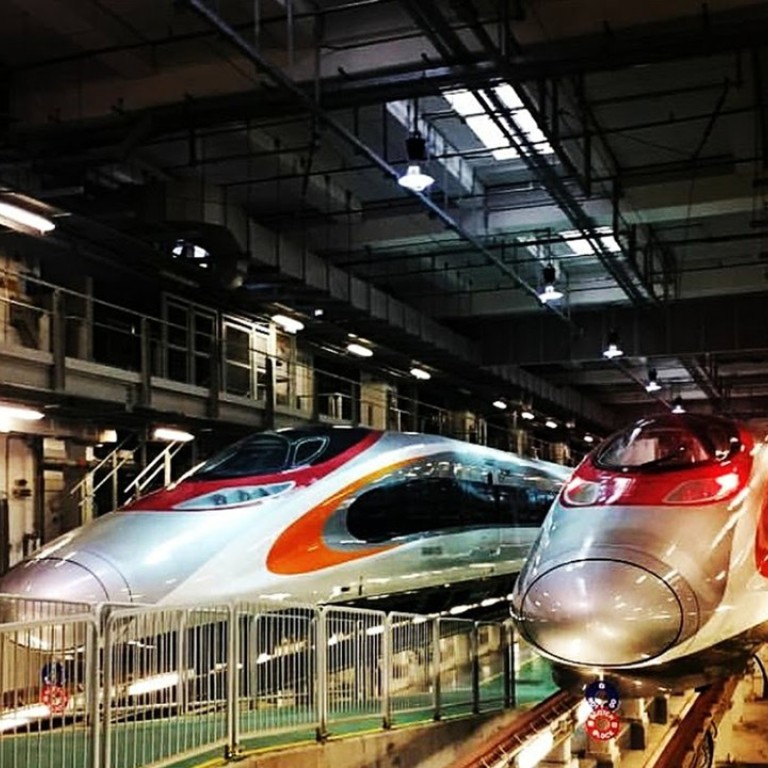
Let’s not kid ourselves: money on Hong Kong’s high-speed rail can be better spent elsewhere
The transport chief yesterday gave an optimistic financial outlook for the controversial HK$84.4 billion high-speed rail link to the mainland, saying it would turn a profit in 50 years, though he gave no figures to back this up.
-- SCMP City, January 30
I know that a good number of people will wrinkle their noses at this talk of the profit potential of the new high speed rail link.
It is the wrong way of looking at things, they will say. This is not a capitalist venture. We did not build this railway to make a profit. We built it as a social service to provide people with rapid rail connections to Guangzhou and the mainland’s high speed rail system.
But if you must look at it in money terms, they will say, then time is money in business and shorter travel times will thus help business, which will be good for the economy of Hong Kong. It is therefore a worthwhile project.
I don’t buy it.
The difficulty with this line of reasoning is that when you spend money on anything you have to ask yourself whether the purchase you are considering will bring you greater benefit than something else you can buy. It is as much a question at the level of government as it is for personal expenditure.
Thus, taking my favourite example of wasteful social spending, what would you say to a proposal that we build a rail tunnel from the tip of Lamma Island to Antarctica?
It will create lots of jobs, long lasting ones, too, and if we ever get to Antarctica we will have a big tourist draw. On both counts the economy of Hong Kong will benefit. It is therefore a worthwhile project.
Don’t be silly, you say. Of course it is not worthwhile. But this rail new link is different. It will bring us real benefits.
To this I say that the difference is only a matter of degree. Will these benefits truly be worth the HK$84.4 billion (US$10.8 billion) of construction spending, leave alone the cost of the rolling stock and the continued expense of operating and maintaining it all?
Bear in mind here that we already have a railway across the border, not to mention extensive road connections, air traffic links and even ferry services. We are talking not of a completely new service but only of cutting travel times on one of several different forms of transport services.
And there is one easy way of getting an answer to the crucial question. We can ask the users. We can do this by setting passenger fares at a level that will cover the debt service on HK$84.4 billion of construction cost plus the depreciation and operating charges and perhaps a small return to the public purse.
It is my guess, and I am confident of it, that this rail service would attract very few passengers indeed if we were to do so. The fares would be much too high.
In fact, it is a certainty when the public official responsible for the project talks of turning a profit in 50 years, and won’t even back up this wild conjecture with numbers, but instead already talks of fare concessions to attract passengers.
So let me pose the obvious question. If even the prospective passengers are likely to think the alternatives are better value for money, if even the businessman who thinks time is money finds that the time he saves is not worth the money, why should anyone think it worthwhile?
The simple hard truth is that the social value way of evaluating a project like this is no different at all from the capitalist way.
And if you do not immediately appreciate this, then ask yourself why the public purse, instead of the users, should be asked to bear the continued burden of this ridiculously expensive railway when we also have an overburdened public health system that could dearly use the money, and a crying need to provide now for an ageing population.
The reason this railway was always wrong is that there was always much more and much better that we could do with the money.
And profit is the measure of it. Don’t wrinkle your nose.

